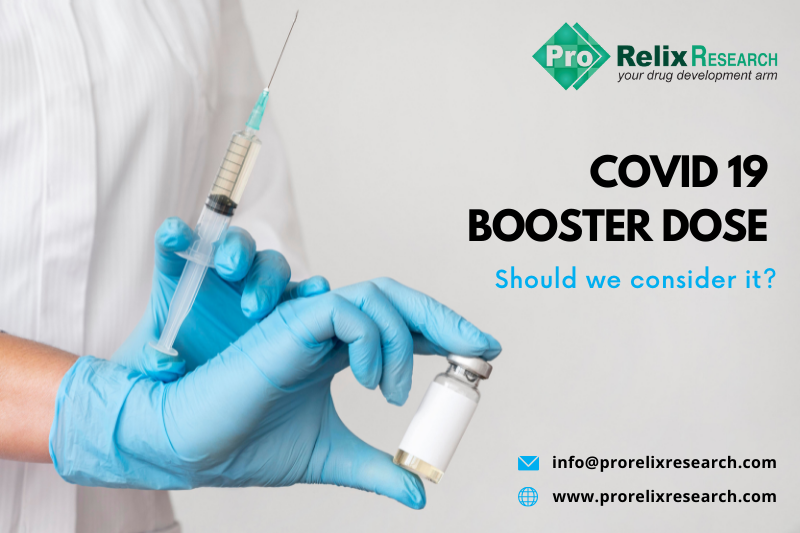Covid 19 Booster Dose – Should we consider it?
The idea of booster doses for Covid-19 vaccinations is gaining traction around the world, but India remains a skeptic.
Various countries, including the United States and Israel, have approved these doses. Despite a global lack of vaccines, they were implemented despite countries in Asia and Africa struggling to provide even the first dose to their citizens.
With vaccine supply steadily increasing and research revealing decreasing immunity from immunizations, vulnerable populations may benefit from a fresh injection of antibody-producing sera.
Patients with diabetes, cancer, or AIDS are not only at a higher risk of getting Covid-19, but their medications also impair their immune system. In most circumstances, such individuals’ bodies manufacture fewer disease-fighting antibodies than healthy people’s.
The elderly are at risk as well. Furthermore, this group is particularly vulnerable to severe Covid-19 and mortality. For this group of persons, the World Health Organization advises booster shots as a top priority.
What WHO Says?
For immune compromised individuals, the WHO’s Strategic Advisory Group of Experts suggested “extra doses” in the initial series.
Additional doses, which are essentially an extension of the core vaccine series, are technically distinct from booster doses.
“Immune compromised patients, in particular, frequently fail to generate a protective immunological response following a typical primary series,” according to the WHO. “However, an older adult’s response to a conventional elementary series may be poor.”
A booster, on the other hand, is given when a person’s immunity “has decreased below a rate regarded sufficient in that population” over time, even after receiving the main immunization, according to the WHO.
While there isn’t enough data on falling antibody counts in India, there is enough evidence from around the world to support such doses.
On January 16, India began immunizing its frontline and healthcare personnel, and on March 1, it expanded the program to include the old and immune compromised.
It is estimated that nearly 60.7 percent of the country’s adult population has gotten at least the first dose of the Covid-19 vaccine. According to the ministry, India has the biggest number of beneficiaries (over 181 million) who have received both doses of the vaccine. According to the government’s Cowin dashboard, roughly 90% of them were Covishield and the rest were Covaxin, a homegrown inactivated viral vaccine.
India should consider a more nuanced strategy in the case of healthcare employees, for example.
According to the study’s author, “healthcare staff who work with immune compromised patients may be entitled for increased dosages. “Oncologists, older doctors, and those who are clinically fragile, for example.”
The WHO has objected to countries opting for broad-spectrum booster doses as a strategy.
“In the context of ongoing global vaccine supply constraints, broad-based booster dose administration risks exacerbating vaccine access inequities by driving up demand and diverting supply while priority populations in some countries, or in subnational settings, have not yet received a primary vaccination series,” it said in an interim statement on October 4.





